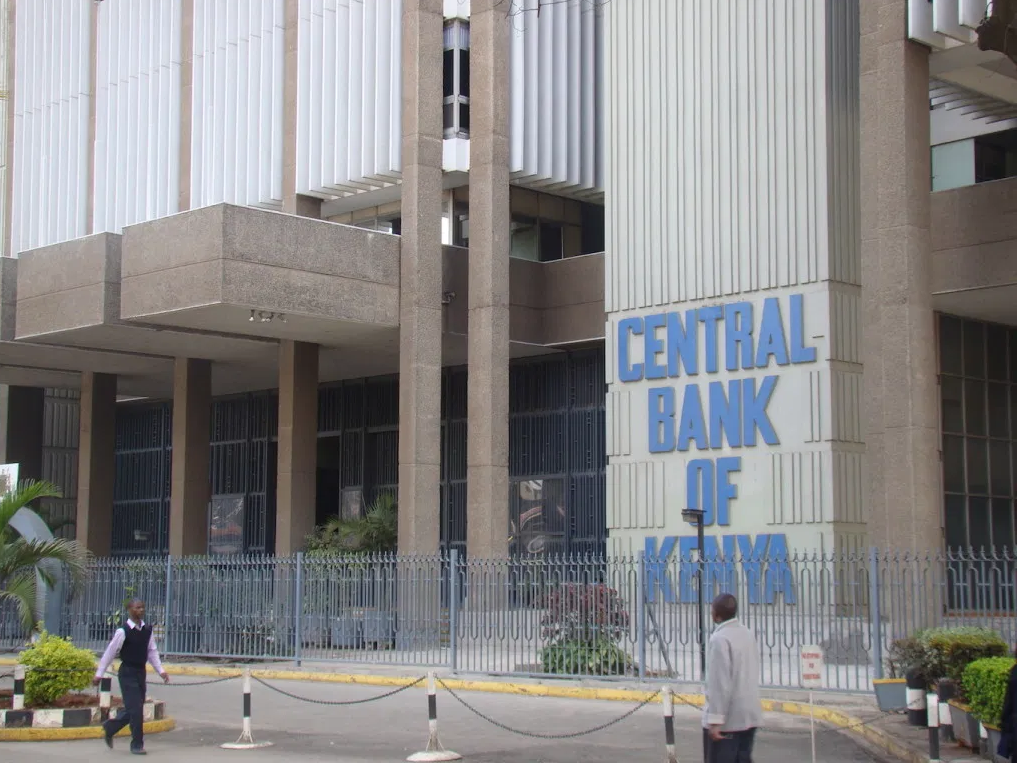A bill currently before Parliament seeks to compel employers to remit statutory deductions towards employee medical and retirement schemes on a similar date.
The Business Laws (Amendment) (No 2) Bill 2020 aims to rein in non-compliant employers by having contributions to the National Social Security Fund (NSSF), the National Hospital Insurance Fund (NHIF) and the National Industrial Training Authority (NITA) remitted on the ninth day of each month.
At the moment, NHIF deductions are remitted by the 9th of every month while NSSF deductions are submitted by the 15th. NITA deductions are remitted by the 10th of each month.
The proposed new rules are meant to support implementation of a unified payroll system unveiled by the Kenya Revenue Authority (KRA). The new system facilitates joint declaration and payment of the deductions and Pay-as-you-earn (PAYE).
The system includes a portal accessible by KRA, NHIF, NSSF and NITA allowing for easier monitoring.

“Clause 13 of the Bill proposes to amend the NSSF Act, 2013 to provide for the contributions under the Act to be collected on the ninth day of the month for purposes of harmonising payroll deductions through the unified payroll return,” the bill reads in part.
READ>>>>>NHIF Gets New Chief Executive
Employers have long been accused of taking advantage of challenges in reconciling of records at KRA and confusion over dates to avoid compliance.
Many have been accused of remitting some payments and avoiding others.
KRA’s online returns filing system, iTax, notably only contains records of individual taxpayers making it difficult to match firms with their employees.
NITA and NSSF both issued public notices on the shift to the unified payroll system as they urged compliance.
“Support structures have been put in place in both institutions to ensure that employers are optimally supported to comply with this reform initiative and reduce their cost of compliance with labour taxes and levies,” NITA stated.
Government owned institutions including public universities have been among the worst culprits when it comes to non-compliance in remittances.
As of September 2020, public universities had failed to remit Ksh34 billion in statutory deductions. Among them were Moi University, Egerton University and the Technical University of Kenya (TUK).













Leave a comment